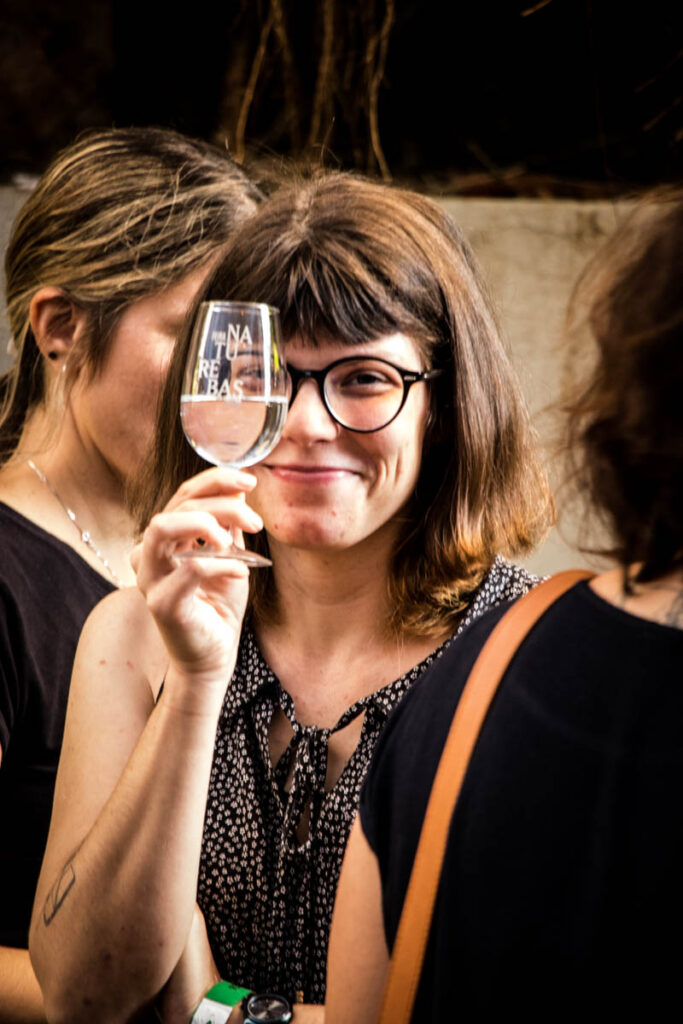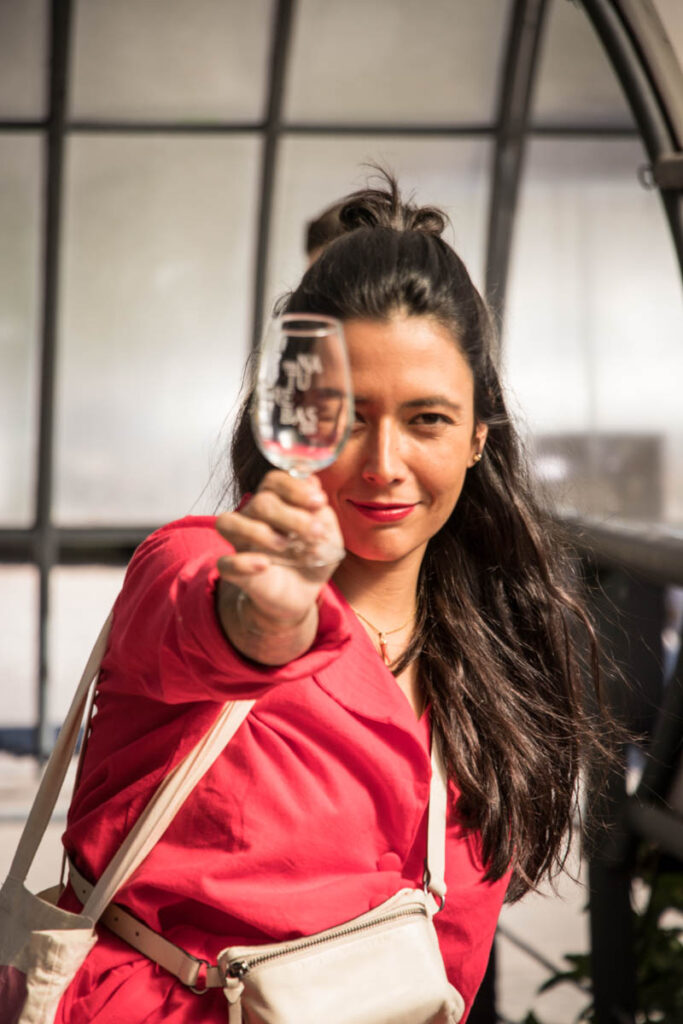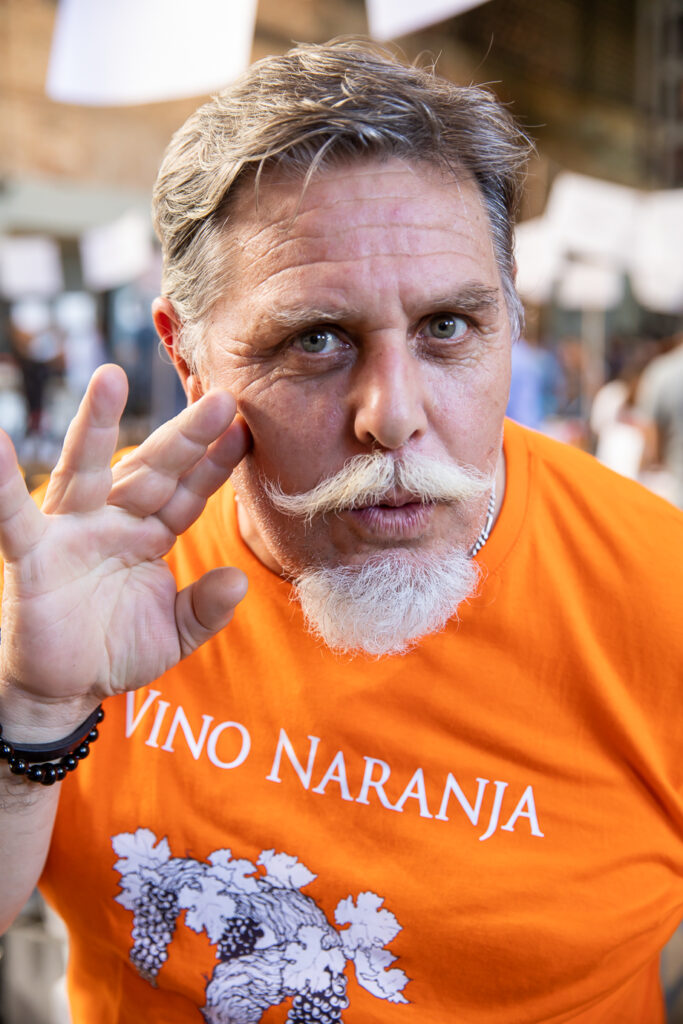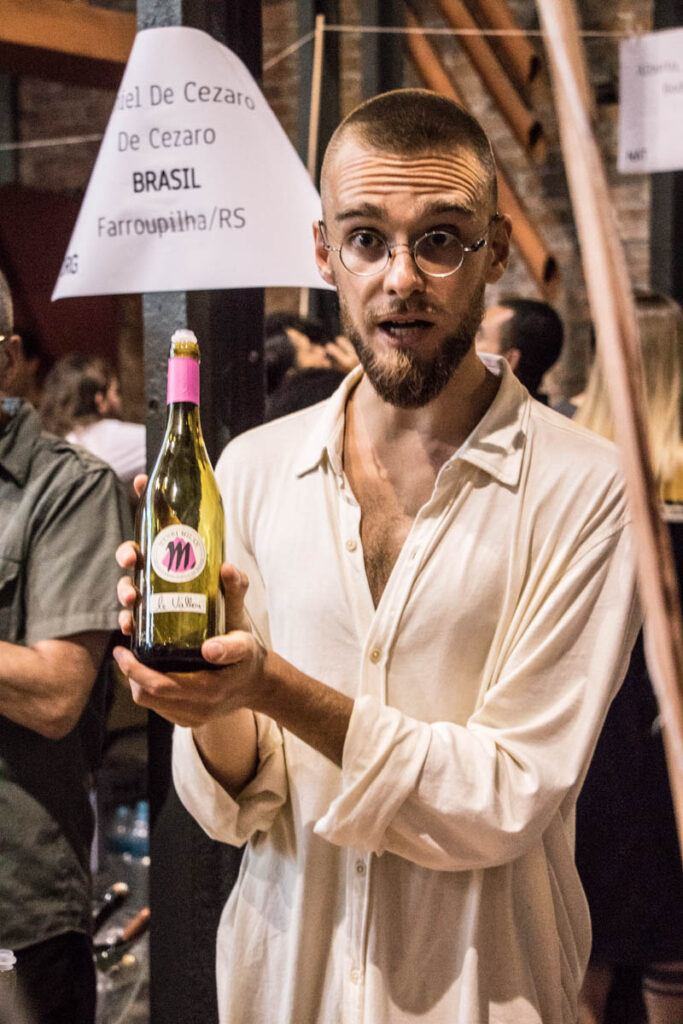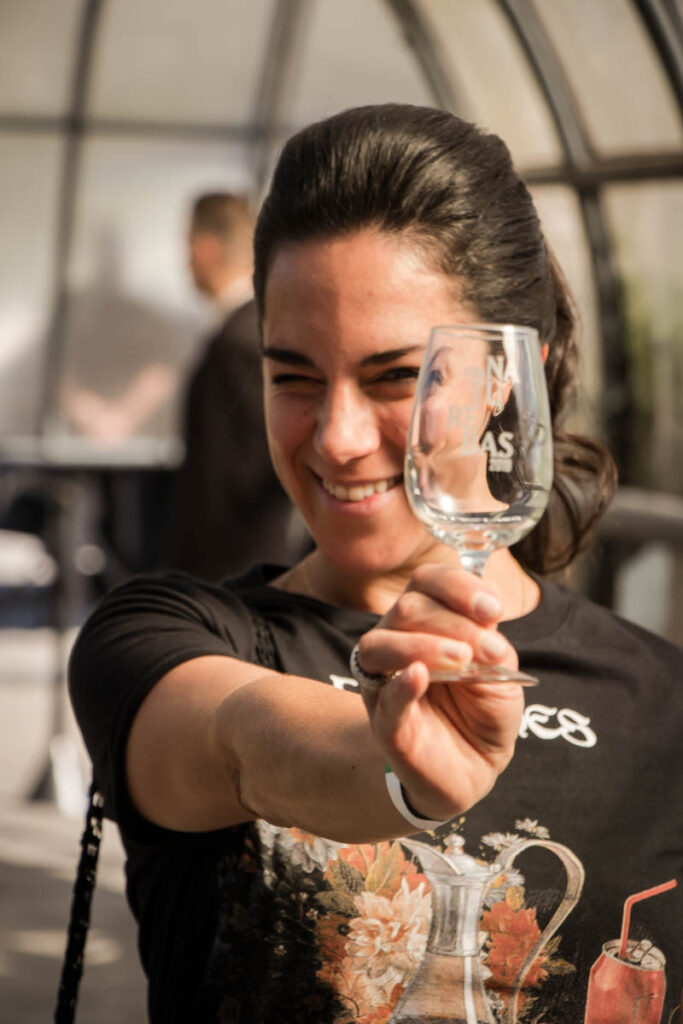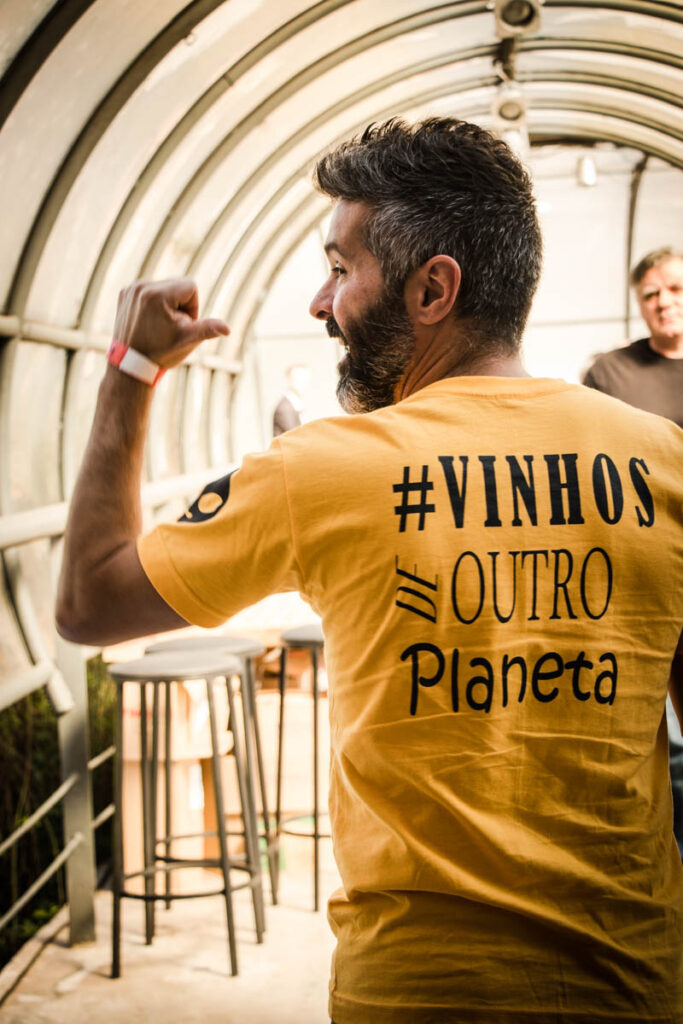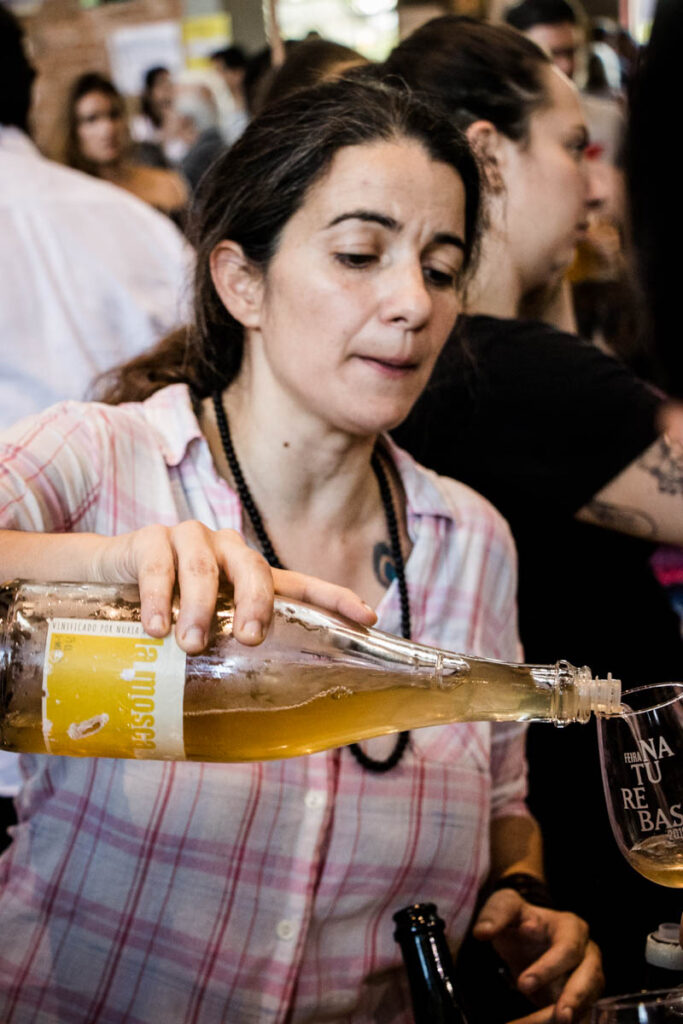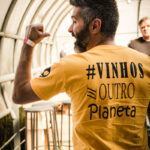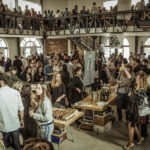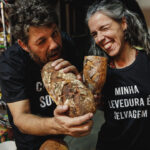Feira Naturebas 2024 (EN)
The Naturebas Fair celebrated its 11th anniversary in 2023, and we’re heading into the twelfth edition in 2024. It’s the first – and still the only – fair in Brazil specializing in natural, organic, and biodynamic wines, gradually becoming a reference on the subject in Latin America. We don’t charge participation fees to producers, nor do we take a percentage of sales – the fair is a free space for producers to sell directly to consumers, as we believe changing the way we consume is one of the key aspects of the natural wine and clean agriculture movement.
After 10 years in Brazilian soil, we held our first edition outside the country in 2022 in Montevideo, Uruguay.
For 2024, we already have dates: June 29th & 30th in São Paulo.
When did it start?
The fair was born in 2013 with the aim of bringing the end consumer closer to the producer, without intermediaries, within the Enoteca Saint VinSaint – one of the pioneers in the natural wine industry in the country since 2008. Since the first edition, the fair has grown exponentially: from 20 exhibitors and 100 participants, it reached 2022 with over 120 exhibitors and about 2000 participants.
How does it work?
Producers do not pay for participation, and the fair does not take any percentage of sales, using all ticket sales to cover its own structure. The fair is non-profit. The idea is to remain independent and not rely on external investments. The space is open for producers to sell, exhibit, meet consumers, and connect with new importers.
Sustainability:
In every edition, several sustainability-related activities occur simultaneously during the event, ranging from using surplus market ingredients in cooking, to utilizing compostable or edible packaging, and recycling ALL materials used.
The carters are our great partners and responsible for over 90% of all recycling in the city of São Paulo. The carters from the Reciclabela project collected for recycling during the 2023 edition:
- Cardboard | 349.149 kg.
- Plastic | 29.317 kg.
- Glass | 860 kg.
As a result, the following were saved in the production chain:
- 1578 kWh of energy.
- 17,196 liters of water.
- 1.49 tons of CO2.
- 1.73 m3 of landfill space.
- 6 trees.
- 168 liters of oil.

